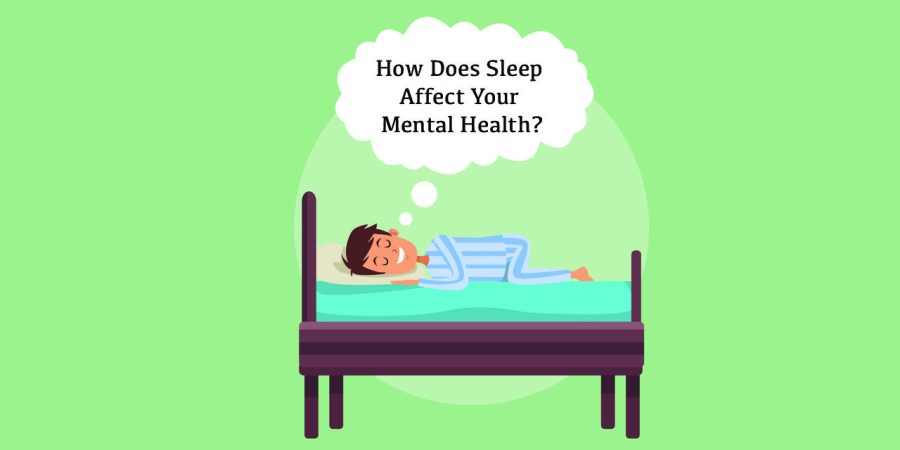Adverse mental health affects result from lack of sleep.
Lack of Sleep’s Effect on Mental Health
February 28, 2022
One of the main consequences of lack of proper sleep is poor mental health. Proper sleep includes not only time, but also quality. When students are overly stressed, their quality of sleep goes down.
“When I have a lot of homework, I usually can’t go to sleep without finishing it, which decreases my amount of sleep,” senior Nysa Gohil said. “However, sometimes I choose sleep over homework, but then that leaves me feeling more stressed about going to school the next day. Either way, I feel like the homework load is impacting my sleep negatively.”
Many Jesuit students align with Gohil in the 2018 survey, with 57.3% of students claiming that they force themselves to stay awake when they feel tired while doing homework.
The 2018 survey found that Jesuit students are consistently under-rested, attaining only 6 or 7 hours per night. Over time, lack of sleep or poor sleep can affect mental health.
A professional at the Institute of Mental Health in Singapore, Lee Seng Esmond Seow examined sleep duration and quality in association with mental and physical disorders. People getting 6 hours of sleep or less per night were twice as likely to develop a mental disorder in their lifetime and 2.8 times more likely to develop a mental disorder in a 12 month time frame.
In the section of the study focusing on the lifetime impact of lack of sleep, they compared the likeliness of specific mental disorders in those consistently getting 6 hours or less of sleep per night versus those getting over 9 hours per night. Of these mental disorders, participants were 3 times more likely to develop Bipolar Disorder, and 4 times more likely to develop OCD.
The study also focused on the short-term impact of insufficient sleep, comparing those getting 6 hours or less of sleep per night with those getting over 9 hours per night and the correlation to mental disorder development in a 12 month period. Participants were drastically 70 times more likely to develop Bipolar Disorder, and 3.6 times more likely to develop OCD.
With the high pressure of a competitive school environment accompanied by hefty workloads and early start times, students are at risk for mental health disorders.

